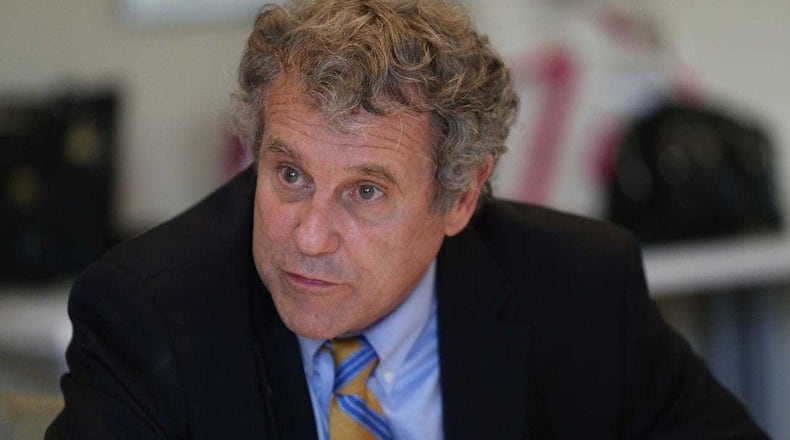Community Learning Centers like our program in Alexander Local (or Community Schools as they’re called in other states) are based on the belief that schools and communities are interdependent, and that by meeting the needs of the whole child and empowering families, public schools can be thriving neighborhood centers of educational, social and civic life.
In Ashtabula, our Community Learning Center effort began five years ago when Ashtabula Area City School District came together with Ashtabula County Community Action and other community partners committed to improving academic achievement, increasing enrollment, and stimulating greater family engagement in our district. A staggering 99.1% of children in our school district are classified as economically disadvantaged, and many families are struggling with housing, food insecurity, utility disconnection, transportation, and addiction.
We understood that unless we worked together to address these issues, our academic achievement would continue to suffer. Together we opened the Dragon Empowerment Center (DEC), our first Community Learning Center in the district. As a recreational, cultural, health, and social hub, the DEC provides medical, dental and vision care, distributes food and clothing, and provides tutoring services. The DEC is both a place, and a coordinated set of relationships between the school district and community partners. It acts as a guide for our vision to truly transform our school system, and improve the lives of everyone in our community.
This week, U.S. Senator Sherrod Brown will co-introduce the Full-Service Community School Expansion Act to provide federal support to transform public schools into community learning centers. This will allow more rural and small town school districts to replicate the success we’ve had in Alexander Local and Ashtabula by harnessing the resources and relationships in their communities.
The pandemic has pulled back the curtain on poverty and inequities across the country and provided new challenges for students, parents, and teachers. Community Learning Centers are a proven, cost-efficient way to give our students the best chance at success by helping to meet their non-academic needs.
In this moment of political divisiveness, the future of our schools and our kids is something we can all get behind. We urge Senator Rob Portman, and the rest of Congress, to join with Senator Brown to provide the resources for the Community Learning Centers our students deserve.
Lindy L. Douglas is the superintendent of Alexander Local Schools in Athens County. Carmen Kuula is the resource and development director for the Ashtabula County Community Action Agency. They are partners in the Ohio Community Learning Center Collaborative.
